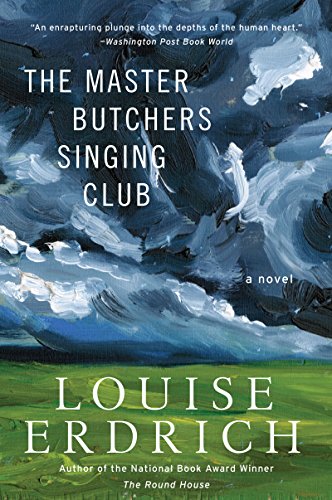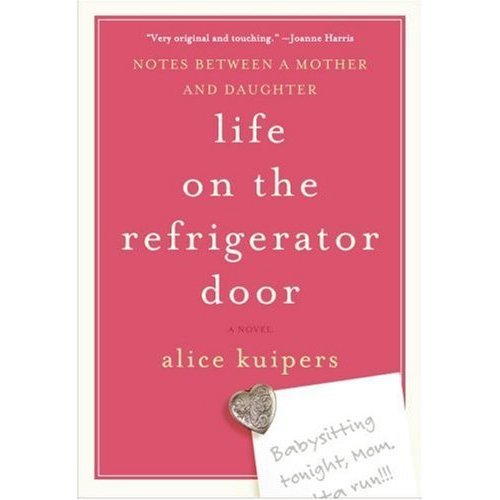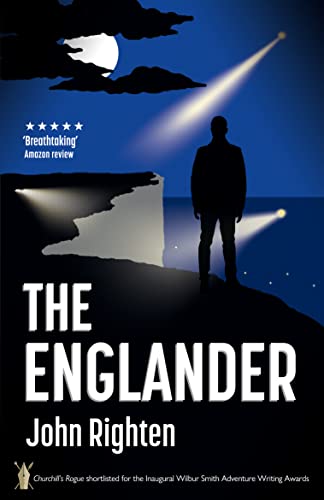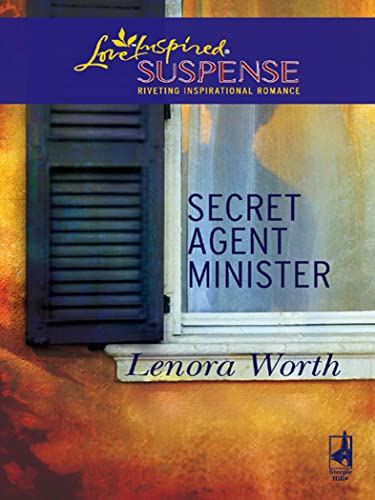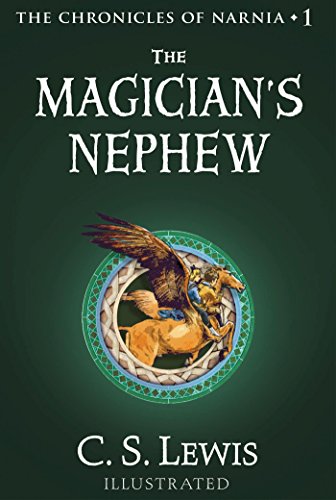Don’t miss today’s Thriller of the Day
No Name Key
 – Learn More
– Learn MoreAll Elle wants is a little land to call her own. And she has earned it, finding a measure of peace on a lonely isle near the bottom of the Florida Keys. But others have their own designs, especially Billy, her deadbeat, absent husband who could show up any time to claim her or maliciously destroy what he cannot have.
In 1935, as Labor Day approaches, a storm is brewing that will alter Elle’s life and the landscape of the Florida Keys forever. How far will Elle go to protect the little that she has? And if she does the unimaginable, can she keep her freedom?
In the great depression of the 1930’s, No Name Key is still unconnected to the mainland; wild weather, desperate characters and treacherous swamp, a woman has got to use all her strength just to survive.
Set against the backdrop of the 1935 Labor Day hurricane in the Florida Keys, a desperate Elle puts Billy on the last ferry out, on the morning of the storm.
Or did she?
Mrs. Rowlands, Billy’s wealthy paramour believes that Billy may have suffered an even worse fate. But just what did she see, and what will she find out?
And who else remained with Elle on that small island, shut in while the hurricane raged?
Praise for No Name Key
T.D. Allman, award winning author of Finding Florida says “In this book you learn trees as well as mean men and hurricanes can kill you. Elle, the book’s protagonist, is as tough and amoral as the crabs that crawl and consume their way through Jessica Argyle’s narrative. As one particularly startling gustatory scene demonstrates, that’s not all she has in common with the crustaceans. One blustery night in France, I read No Name Key cover to cover, glad I’d locked the door and closed the shutters.”
REVIEW BY C.S. GILBERT for KONK LIFE, Key West
Beyond the historical, the book is a hymn to survival, particularly through the eyes of Elle Woodman, whose will to live is tested even before the hurricane, a Category Five monster recently deemed the most destructive hurricane in the history of the United States. Counterpoint to this monster is the much smaller monstrosity of Billy Woodman, Elle’s husband.
For the contemporary survivor, Elle is a heroine to look up to, even if the view be divided equally between horror, awe and admiration.
It is in the aftermath of the storm that the tension builds; No Name Key becomes peopled by spirits, benign and not, and returning visitors with muddy motives. The mix of Christian and pagan – or certainly homely superstition — is the defining spice of the dish; they come to serve as Elle’s primary motivation.
Argyle’s narrative is strong and sometimes lovely; doubting herself, Elle identifies with the cat that is “all swagger and little substance.” With little dialogue, Elle’s story moves forward as a small, sturdy boat in a choppy sea, becoming more and more compelling as the journey continues.
From Rosalind Brakenbury, author of “Becoming George Sand”
This is a terrific story, told with an attention to detail and an unswerving eye on just what it takes to kill a man and get away with it; what it takes to grow tomatoes in the Keys and how to make poison from the tree that stands like the tree of Knowledge at the center of the island and the story. I couldn’t stop reading once I had started, as I followed Elle Woodman’s struggles to survive as a woman alone on No Name Key at the time of the 1935 hurricane. She grows in the space of the narrative from a victimized wife to a subtle and powerful figure, and whatever she has done, we are with her all the way. The atmosphere of the time, the fragility of life in the outlying islands, the intensity of the action and above all the way that a murder goes on sending out its ripple effects long after the initial killing, haunting the murderer and poisoning the environment, reminded me most of all of Peter Matthiessen’s “the Killing of Mr. Watson.” A gripping first novel: I hope for more from thi

